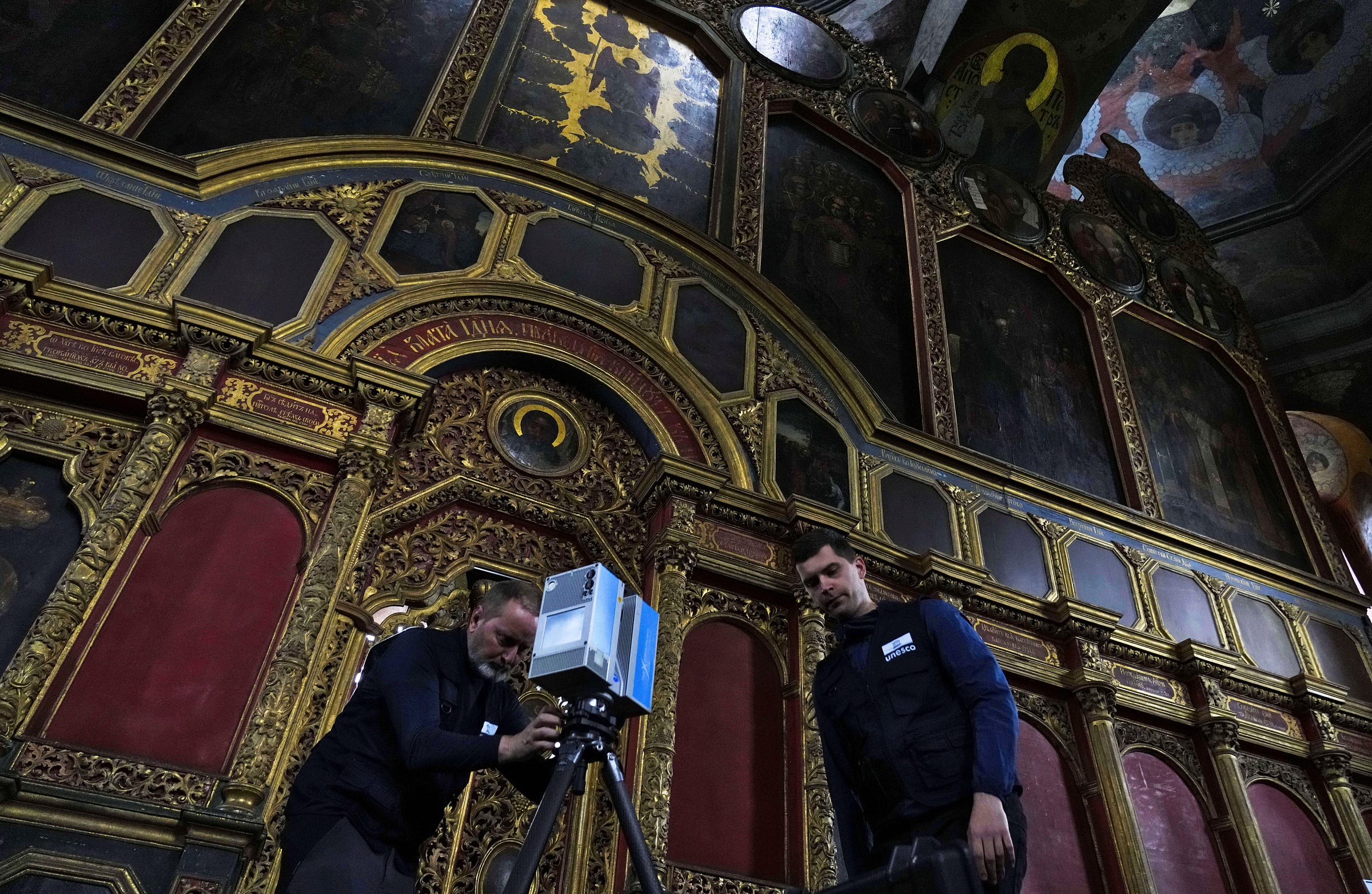Word&Way News: June 16
Here’s the weekly roundup from Word&Way. In addition to a report on pastors preaching against Christian Nationalism that is free for anyone to read, paid subscribers to A Public Witness received a look at debates in the Southern Baptist Convention about female pastors.
Support our journalism ministry by upgrading to a paid e-newsletter subscription today!
Top 5 at wordandway.org
Missing Our Monopoly. Sarah Blackwell reflected on the unfortunate consequence of separating church ministries into silos based on age and stage of life.
Before Advocating for Women in Ministry, Rick Warren Split With SBC Over Global Fellowship. Brian Kaylor wrote about a time two decades ago when bestselling author Rick Warren criticized Southern Baptists for being exclusionary.
Review: If God Still Breathes, Why Can’t I? Robert D. Cornwall reviewed If God Still Breathes, Why Can't I?: Black Lives Matter and Biblical Authority by Angela N. Parker.
Reparations Campaign Takes New Forms With Bible Study, Juneteenth March. Adelle M. Banks reported on a new six-week Bible study from the National Council of Churches that looks at restorative justice.
Florida Gov. Ron DeSantis Woos GOP Christian Voters But Stays Tight-Lipped on His Own Catholic Faith. Tiffany Stanley examined how a key Republican presidential hopeful is and is not talking about religion.
Dangerous Dogma
This week: Kate Boyd on an Untidy Faith
Other noteworthy podcasts this week:
Tim Whitaker appeared on Straight White American Jesus to talk about what he saw and heard at the “pastor’s conference” held by MAGA group Turning Point USA.
Bishop William Barber II spoke on State of Belief about faith, politics, and advocacy.
by Brian Kaylor, Word&Way Editor-in-Chief
Sean Feucht, the musical Forrest Gump of Christian Nationalism, is in the midst of a tour to sing at state Capitols and lead people in communion as he tries to claim the political sites for Jesus. But he took a break from that this week to stop by the U.S. Capitol to film himself taking communion inside (and, no, they didn’t read Matthew 6 during the service).
Beyond the problem of the public performance of prayer and communion, the incident also revealed an important aspect of Feucht’s theology. He said he was going to the Capitol for the service to be “inside of the most sacred real estate in America.”
While the Capitol is arguably the most important site of American democracy, for a Christian the “most sacred” place is not the seat of a secular nation. When Jesus spoke of God’s house, he meant the Temple, not the mansion of Gov. Pilate or the building of the Roman Senate.
Those espousing Christian Nationalism indict themselves as focused on a false kingdom when they prioritize government buildings over church sanctuaries and legislative victories over loving their neighbors. By centering power, the faith of Christian Nationalism creates idolatrous altars. When people show you who they are and what they really worship, believe them.
Other News of Note
Adam Wren of Politico profiled Texas State Rep. James Talarico, a Democrat whose profile is rising after he invoked his Christian faith in viral legislative debates.
Tim Dickinson of Rolling Stone spoke with scholar Brad Onishi about Christian Nationalism and threats of political violence.
Last year, the U.S. Supreme Court ruled that Maine had to treat Christian schools like other private schools when giving school vouchers, but now two Christian schools are suing to demand exemptions from discrimination laws while still being eligible for state funds.
A Pride Month display at a United Methodist church in St. Louis, Missouri, was vandalized, making it one of numerous recent anti-LGBTQ incidents across the country.
Melissa Morgan Kelley wrote for Christianity Today about family friends grappling with history after learning one’s ancestor was enslaved by the other’s.
“We hope other churches will see that this work does not have to be acrimonious. We fear that, but the result for us was positive. People understood that this was a good and right thing to do.” —Rev. Scott Black Johnston, senior pastor of Fifth Avenue Presbyterian Church in New York City, about the congregation’s work to reckon with its history after learning its founding pastor enslaved a member of the church.
The Memphis Commercial Appeal published a photo essay of the Presbyterian Church in America’s general assembly that met there in Tennessee this week.
Meredith Stone of Baptist Women in Ministry criticized the Southern Baptist Convention’s actions against female pastors.
Upset by noise from fireworks, residents in a rural Texas county found a loophole in the law. Since one of the few limits in state law on fireworks is they can’t be ignited or explode within 600 feet of a church, they decided to start two churches close to a fireworks stand.
Mark Lindsay wrote at the Substack newsletter Word from the Bird about “the other Barth,” a son of Karl Barth who also was an accomplished theologian:
Photo of the Week

Thanks for reading!






